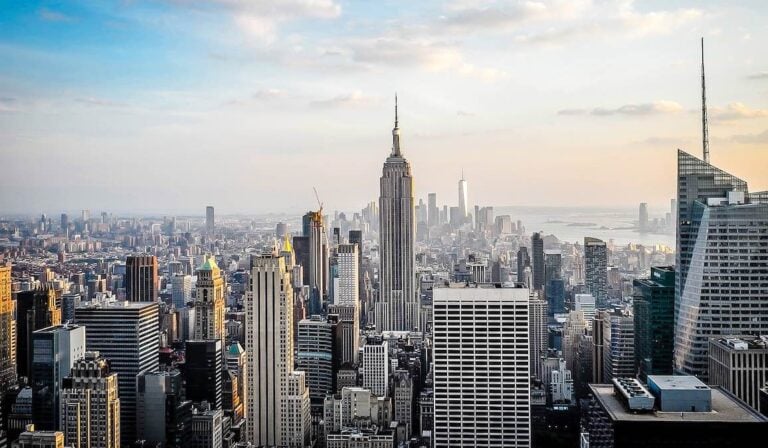Latest Trending Articles and News

Pineapple Power: 17 Ways This Fruit Boosts Well-being
Exploring tropical fruit nutrition, we find the pineapple. It’s loved for both its sweet and tangy taste. Pineapples are also celebrated for their health benefits. Pineapples are a great source of vitamin C, boosting immune health. They help keep your…

11 Money-Saving Hacks for Visiting New York City
Exploring the Big Apple’s endless attractions is exciting but can cost a lot. If you love budget travel, it’s crucial to know NYC savings strategies. With these affordable New York tips, you can see the city cheaply. You’ll learn about…

23 Celebrities that Dropped Out or Didn’t Attend College
We often think success comes with college degrees, especially in the glittery world of fame. But many top celebs proved that’s not always the case. They show that talent, hard work, and a bit of luck can lead to amazing…

10 States Leading the Charge for Progressive Ideals in the US
Explore the dynamic political scene of America where progressive states stand out. They are known for their innovative thinking and diverse communities. In US politics, some areas are known for their liberal policies. These policies reflect what the people want…

Faithful Friends: The 11 Best Dog Breeds for Seniors
Choosing the right dog in your golden years brings joy and easy care. Certain senior-friendly dog breeds meet the specific needs of older adults perfectly. These ideal pets for the elderly are low-maintenance dogs that still give lots of love….

11 Secrets to Lasting Love: Habits of Truly Happy Couples
Learning to build healthy relationships is key to long-lasting partnerships. Happiness in a relationship comes from working on it every day. Happy couples know it’s about making certain relationship habits part of daily life. To keep love strong all year,…

13 Most Common Reasons Why Relationships Fail
Relationships can be complex and challenging, and many factors contribute to their success or failure. Despite the best intentions, couples may find themselves facing difficulties that can lead to the end of a relationship. Understanding these common pitfalls can help…




